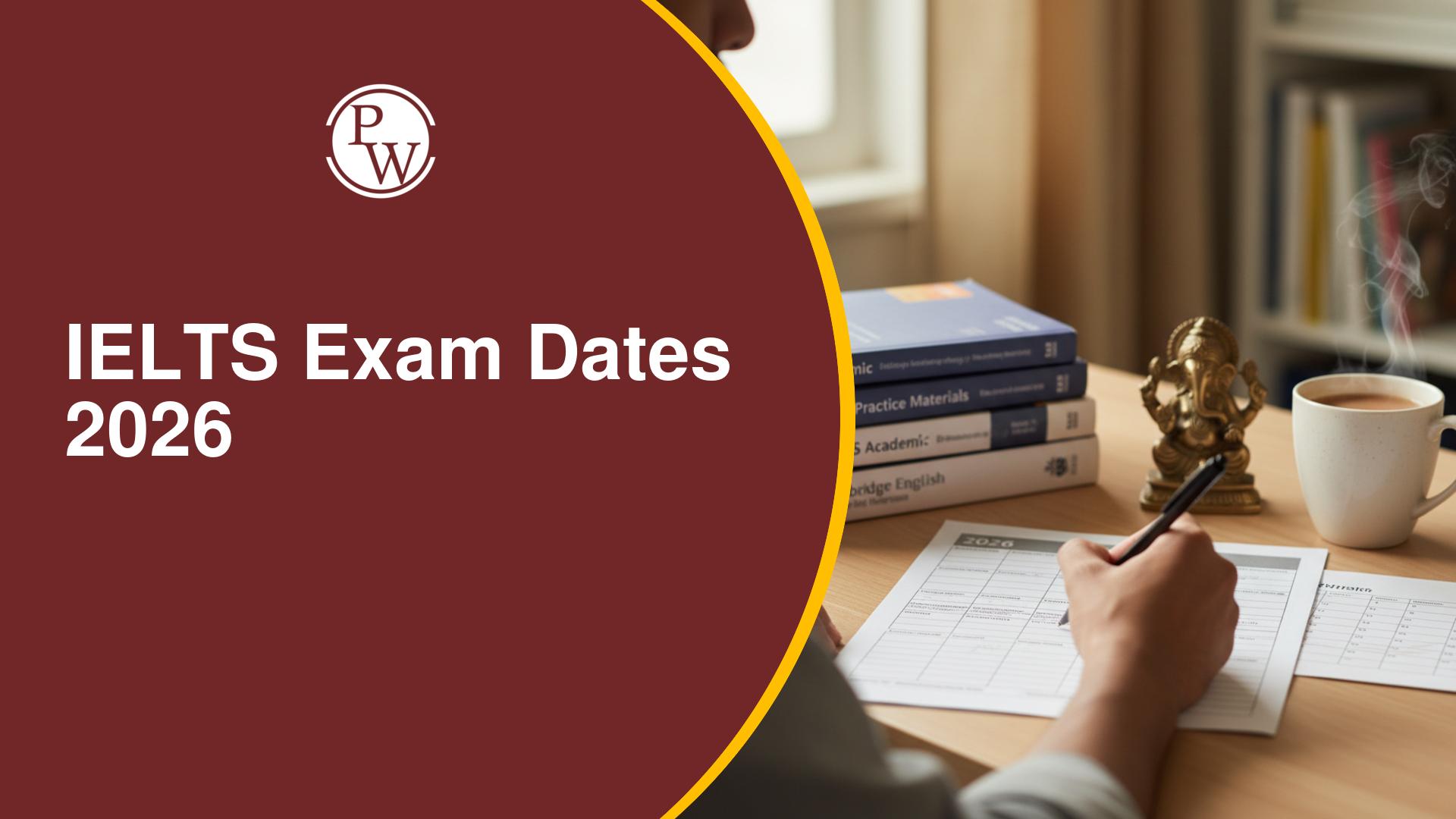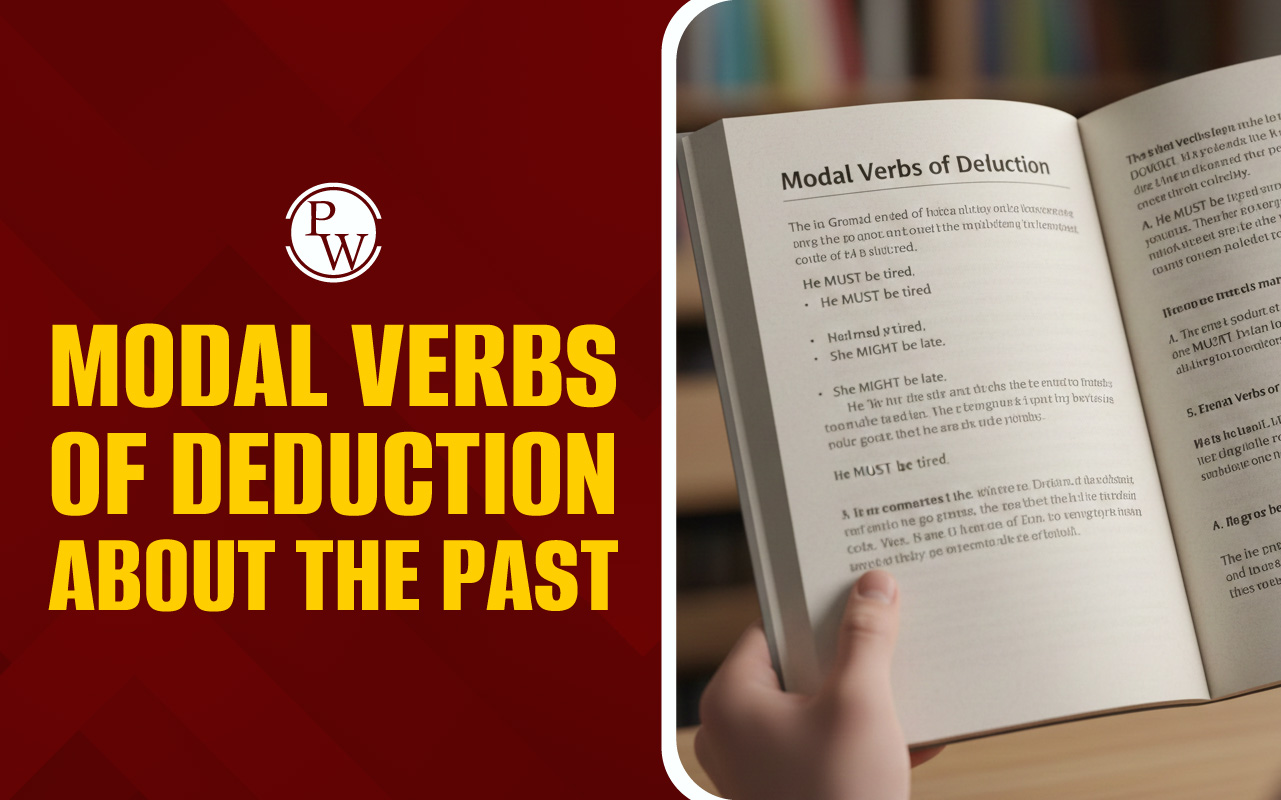
IELTS Time Based Cue Cards: In the IELTS Speaking test, particularly in Part 2, you will encounter cue cards that require you to speak on a given topic for about two minutes. These time-based cue cards are a crucial component of the test and mastering them can significantly enhance your performance.
This article will provide a detailed exploration of IELTS time based cue cards, including their format, effective preparation strategies, and how to excel in this section. Additionally, we will discuss related aspects of IELTS Writing , particularly focusing on Problem Solution Essays for Writing Task 2.
IELTS Time Based Cue Cards FAQs
Q1. What are IELTS time-based cue cards?
Ans. IELTS time-based cue cards are part of the Speaking test, where you receive a topic and have one minute to prepare a two-minute speech. They assess your ability to organize and articulate your thoughts under time constraints.
Q2. How long do I have to prepare for a cue card topic?
Ans. You have one minute to prepare for the cue card topic before speaking for up to two minutes.
Q3. What types of topics might appear on a cue card?
Ans. Cue card topics might include describing a memorable event, discussing time management, recounting a missed appointment, or talking about a situation where you were late.
Q4. How can I prepare effectively for time-based cue cards?
Ans. Prepare effectively for time-based cue cards by mastering tenses, using relevant vocabulary, practicing time management, minimizing filler words, and regularly practicing with sample cue cards.
Q5. How does handling cue cards relate to IELTS Writing Task 2?
Ans. Both tasks require effective time management. In Speaking, you prepare and speak within a limited time, while in Writing Task 2, you plan and write within 40 minutes. Structure, content detail, and grammar are crucial in both.
Talk to a counsellorHave doubts? Our support team will be happy to assist you!

Check out these Related Articles
Free Learning Resources
PW Books
Notes (Class 10-12)
PW Study Materials
Notes (Class 6-9)
Ncert Solutions
Govt Exams
Class 6th to 12th Online Courses
Govt Job Exams Courses
UPSC Coaching
Defence Exam Coaching
Gate Exam Coaching
Other Exams
Know about Physics Wallah
Physics Wallah is an Indian edtech platform that provides accessible & comprehensive learning experiences to students from Class 6th to postgraduate level. We also provide extensive NCERT solutions, sample paper, NEET, JEE Mains, BITSAT previous year papers & more such resources to students. Physics Wallah also caters to over 3.5 million registered students and over 78 lakh+ Youtube subscribers with 4.8 rating on its app.
We Stand Out because
We provide students with intensive courses with India’s qualified & experienced faculties & mentors. PW strives to make the learning experience comprehensive and accessible for students of all sections of society. We believe in empowering every single student who couldn't dream of a good career in engineering and medical field earlier.
Our Key Focus Areas
Physics Wallah's main focus is to make the learning experience as economical as possible for all students. With our affordable courses like Lakshya, Udaan and Arjuna and many others, we have been able to provide a platform for lakhs of aspirants. From providing Chemistry, Maths, Physics formula to giving e-books of eminent authors like RD Sharma, RS Aggarwal and Lakhmir Singh, PW focuses on every single student's need for preparation.
What Makes Us Different
Physics Wallah strives to develop a comprehensive pedagogical structure for students, where they get a state-of-the-art learning experience with study material and resources. Apart from catering students preparing for JEE Mains and NEET, PW also provides study material for each state board like Uttar Pradesh, Bihar, and others
Copyright © 2026 Physicswallah Limited All rights reserved.






